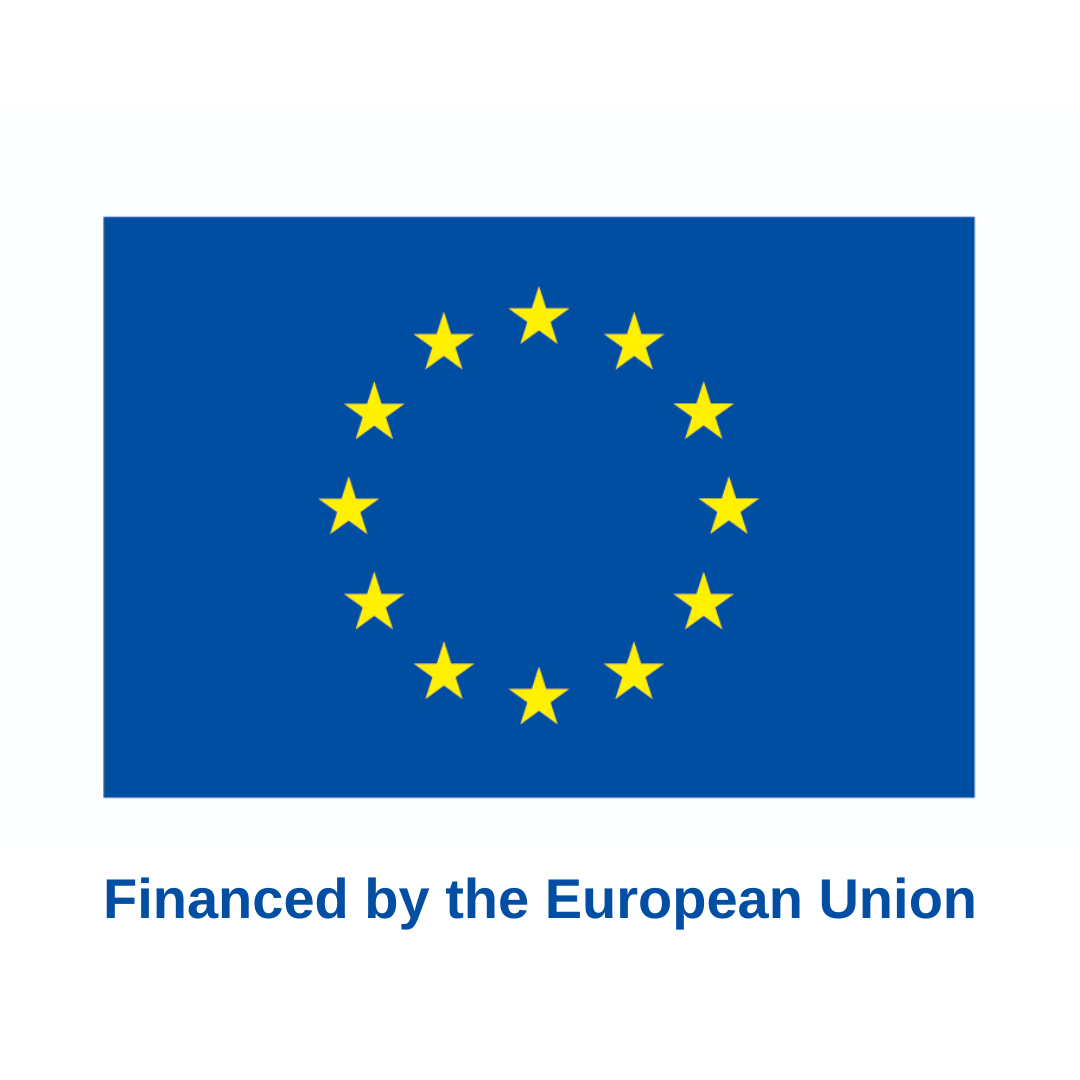Regenerative Activism for BIPOC Organisers and Activists
Last year in October, Emi from Stroomversnellers participated in a training focused on regenerative activism—a holistic approach to making activism more effective and sustainable. The workshop provided tools for personal and collective well-being, helping activists prevent burnout and build resilience while staying engaged in the long term. Designed specifically for BIPOC activists, the training explored how systemic oppression impacts activism, how to create supportive communities, and how to integrate self-care into organizing work. By fostering reflection, skill-sharing, and a life-affirming vision for social justice, the course empowered participants to sustain their activism in a way that is both transformative and nourishing.
Read along to see what Emi learned in this training.
Why did you decide to join the training?"To be honest, a nine-day training program in Spain was the last thing I could see myself doing - as a mom, homemaker, volunteer worker, and activist, the thought of being away from home for so long for my own personal benefit felt outlandish, unrealistic, even selfish. But the more I thought about the training, the more I convinced I became that it is a rare opportunity that I could not pass up. The sacrifices I would make, and that I would be asking my family to make, could be returned many-fold if I could bring back the knowledge, tools and strategies needed to empower my fellow volunteers and activists." |  |
What type of training did you follow?"The training I attended was called Regenerative Praxis for BIPOC Educators. It was a group of twenty or so people of various backgrounds, with three leaders who guided the various sessions. It was held in an old farmhouse with breathtaking views in a very remote village atop the mountains of Catalunya!" | What methods were used in the training?"We started with optional mindfulness exercises, followed by daily check-ins. The check-ins was a powerful tool to open the space up for listening, being present and vulnerable, and preparing our minds and bodies for the day ahead. Each day we had two to three sessions that examined what it means to be a BIPOC educator, and how to practice what we do in a regenerative fashion. Various tools were used to explore these questions, such as body work, art, and story-telling." |
 | How do you plan to apply what you learned? Do you have any practical examples of this already?"I see a lot of BIPOC around me who give so selflessly to their communities that they end up burning out, and consequently requiring a long recovery period or worse, unable to return to their function at full capacity. I hope to share what I learned at the training to support my community - especially the BIPOC people in my community - to find ways to stay grounded and protected and be able to continue doing what they do in a healthy, sustainable way." |
Ulex is a training organization that facilitates high-quality, multi-day trainings for social movements across Europe. This training was fully funded by a grant from ErasmusPlus. |  |

